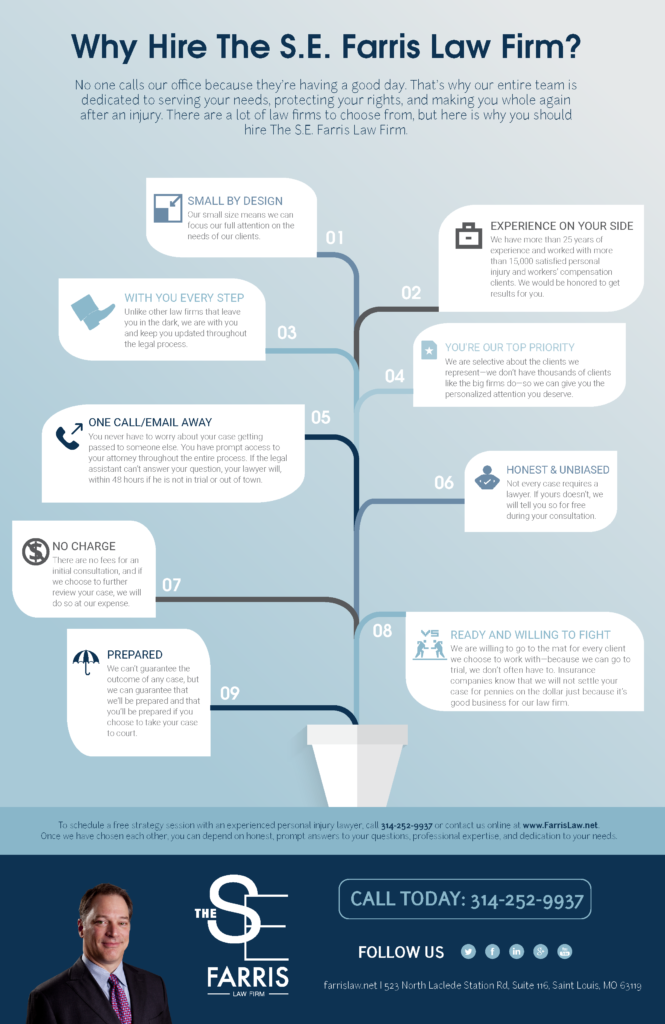A Comprehensive Guide To Landlord-Tenant Regulation For Real Estate Attorneys
A Comprehensive Guide To Landlord-Tenant Regulation For Real Estate Attorneys
Blog Article
Written By-Lambertsen Richmond
When it concerns landlord-tenant law, knowing your legal rights and obligations is vital for both celebrations. You could believe you have a solid understanding on the basics, but there are often nuances that can capture you off-guard. Whether you're a proprietor managing a residential or commercial property or a tenant looking for a secure home, recognizing the lawful landscape can make all the difference. What could shock you are the complexities involved in browsing conflicts and expulsion processes.
Recognizing Lessee Legal Rights and Responsibilities
When you lease a building, it's critical to comprehend your civil liberties and duties as a renter. You can a risk-free and habitable living atmosphere, implying your property owner has to keep crucial services like home heating, pipes, and electrical power.
You're also entitled to privacy; landlords generally require to offer notification before entering your unit.
On the other side, you are accountable for paying rental fee on schedule, keeping the residential or commercial property tidy, and not causing damage beyond normal wear and tear.
Familiarize yourself with your lease contract, as it outlines specific policies and obligations. Being aware of these elements not just protects you but also promotes a favorable connection with your property manager.
Remain notified, and you'll browse your tenancy better.
Key Property Owner Obligations and Lawful Factors To Consider
While you might know your rights as a renter, it's equally crucial to understand your proprietor's commitments.
Landlords should offer a risk-free and habitable living setting, guaranteeing that vital systems like home heating, plumbing, and electricity remain in working order. how to make a living trust without a lawyer for making necessary fixings promptly and adhering to local building regulations.
Additionally, landlords need to value your personal privacy by giving correct notice prior to entering your system, normally 24 hr. They ought to take care of security deposits according to state regulations, consisting of returning them without delay after you vacate, minus any kind of legal deductions.
Understanding these obligations can aid you keep a positive connection with your property owner and guarantee your living scenario meets legal criteria.
Browsing Conflicts and Eviction Procedures
Disagreements between property owners and tenants can develop unexpectedly, making it crucial for you to recognize the processes associated with settling them.
First, communication is crucial-- try to discuss concerns straight to find a concession. If that falls short, acquaint on your own with your local regulations regarding disputes and expulsion. Document whatever: maintain documents of communications, repayments, and any kind of offenses.
If eviction comes to be required, ensure you follow the legal steps required in your location, which usually includes supplying written notice and a specific timeframe for resolution.
Be prepared to visit court if the circumstance escalates, as it may be your only choice. Recognizing these processes will certainly help you browse disagreements better and safeguard your rights as either a property manager or tenant.
Verdict
In summary, comprehending landlord-tenant regulation is vital for both events associated with a rental contract. By understanding your rights and responsibilities, you can cultivate a better living environment and stay clear of problems. If conflicts arise, remember that a realty lawyer can aid direct you via the complexities of eviction procedures and lawful commitments. Staying educated and https://blogfreely.net/magaret6layne/property-lawyer-necessary-for-a-seamless-building-purchase will make certain a smoother rental experience, whether you're a landlord or a tenant.
